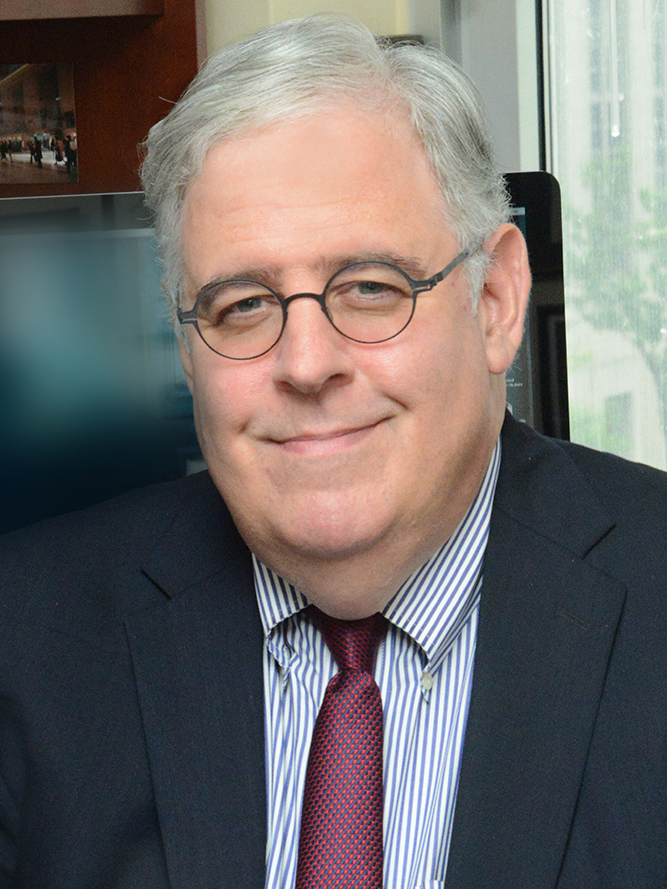Fins ’82 on Civil Rights for Those With Brain Injuries: NYT Op-Ed


Writing in a New York Times opinion piece, Joseph J. Fins ’82, M.D., The E. William Davis, Jr., M.D., Professor of Medical Ethics and the chief of the Division of Medical Ethics at Weill Cornell Medicine, describes the startling case of a young woman thought to be in a vegetative state but later able to communicate through the movement of one eye.
In “Brain Injury and the Civil Right We Don’t Think About,” Fins says that many seemingly vegetative individuals are misdiagnosed and suffer a loss of personhood and civil rights when they do have some conscious awareness and are, in fact, in the minimally conscious state.
Because minimally conscious patients can feel pain while vegetative patients can not, a misdiagnosis of a patient’s brain state can lead to a lack of pain medication administered during a medical procedure, a horrifying possibility. So too, says Fins, is “segregating” these patients in “custodial care” facilities without offering them rehabilitative opportunities to foster their recoveries. He writes:
I use the verb “segregated” deliberately, to invoke a time when separate but equal was the law. In the wake of legal advances like the Americans with Disabilities Act and the United Nations Convention on the Rights of the Disabled, which call for the integration of people with disabilities into civil society, how is the pervasive segregation of this population justified?
Part of the problem is that when these laws were written, the notion of reintegration was focused on physical mobility … When we restore voice to these patients we bring them back into the room and the conversation.
I often speak to university students brought up in the era of L.G.B.T.Q. rights who can’t understand how my generation did not appreciate that people could love those they chose to love. … I caution against smugness, suggesting that their own children may well ask them how they allowed society to ignore conscious individuals and deprive them of their rights.
Fins, a co-director of the Consortium for the Advanced Study of Brain Injury, is the author of Rights Come to Mind: Brain Injury, Ethics, and the Struggle for Consciousness (Cambridge University Press, 2015) and the Solomon Center Distinguished Scholar in Medicine, Bioethics and the Law at Yale Law School. He spoke on these topics at Wesleyan in 2015 as the Kim-Frank Visiting Writer. A trustee emeritus of Wesleyan, he was named a Distinguished Alumnus of the university in 2012.

